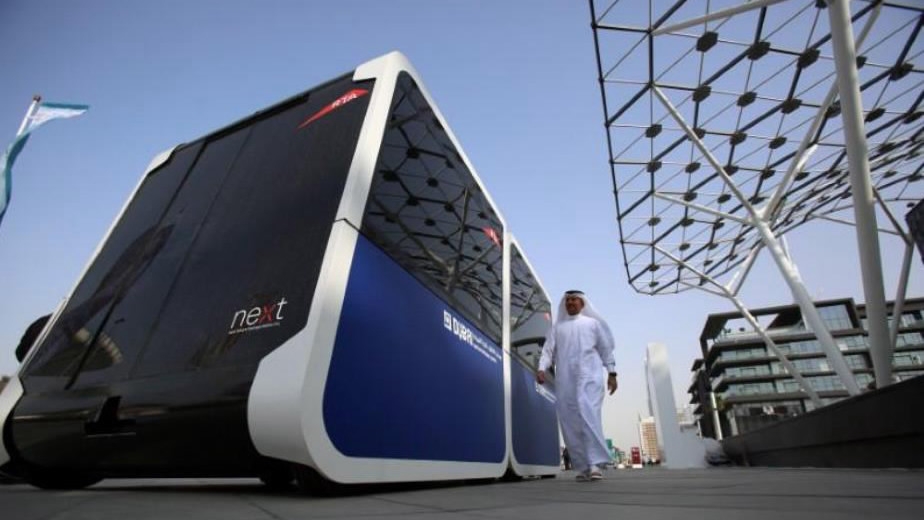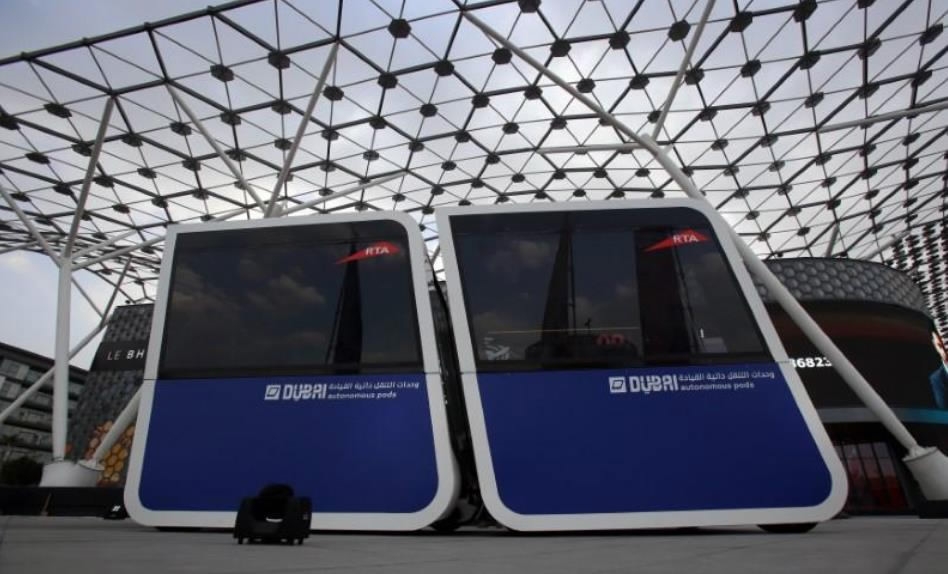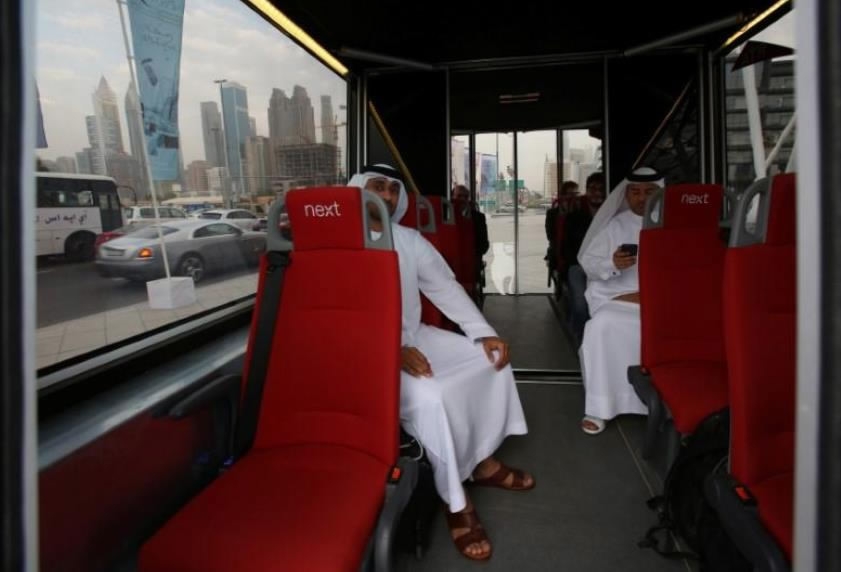
Tech & Sci
10:34, 02-Mar-2018
Dubai test drives autonomous pods as part of smart city development

Dubai has begun testing autonomous pods in a trial run in the Gulf’s trade and tourism hub, which the city hopes will help its transformation into one of the smartest cities in the world.
Officials from Dubai’s Roads and Transport Authority (RTA) displayed two cube-shaped vehicles built by the US-based Next Future Transportation company in Italy as they spun around on a main street in Dubai.
Passersby stopped to try out the six-seat vehicles and question the Italian engineers overseeing the test.

The world's first autonomous pods launched by the Roads and Transport Authority of Dubai /Reuters Photo
The world's first autonomous pods launched by the Roads and Transport Authority of Dubai /Reuters Photo
RTA officials said they have allocated 1.5 million dirhams (410,000 US dollars) for further research and development of the vehicles, which Dubai hopes to use for local transportation under the city’s 2030 Dubai Future Accelerators, which aims to make 25 percent of daily transportation self-driven.
“The goal is to develop these two research vehicles,” Khaled al-Awadhi, director of Automated Collection Systems at the RTA, said.
“These tests are aimed at developing the performance of these vehicles,” he added, without giving details on the cost of the project.
He said several projects were being developed, including self-driving buses and a marine transportation system.

People inside the world's first autonomous pods /Reuters Photo
People inside the world's first autonomous pods /Reuters Photo
The RTA says the autonomous pods would travel on pre-programmed routes in the first few years, but would eventually become accessible for home pick ups using an app. RTA officials said no date was provided for the start of either service. but they hoped to have a more solid plan for the program by the end of 2018 or early 2019.
The vehicles are powered by electricity and have a top speed of 80 km/h.
Dubai unveiled plans for “flying taxis” last year.
5861km
Source(s): Reuters

SITEMAP
Copyright © 2018 CGTN. Beijing ICP prepared NO.16065310-3
Copyright © 2018 CGTN. Beijing ICP prepared NO.16065310-3